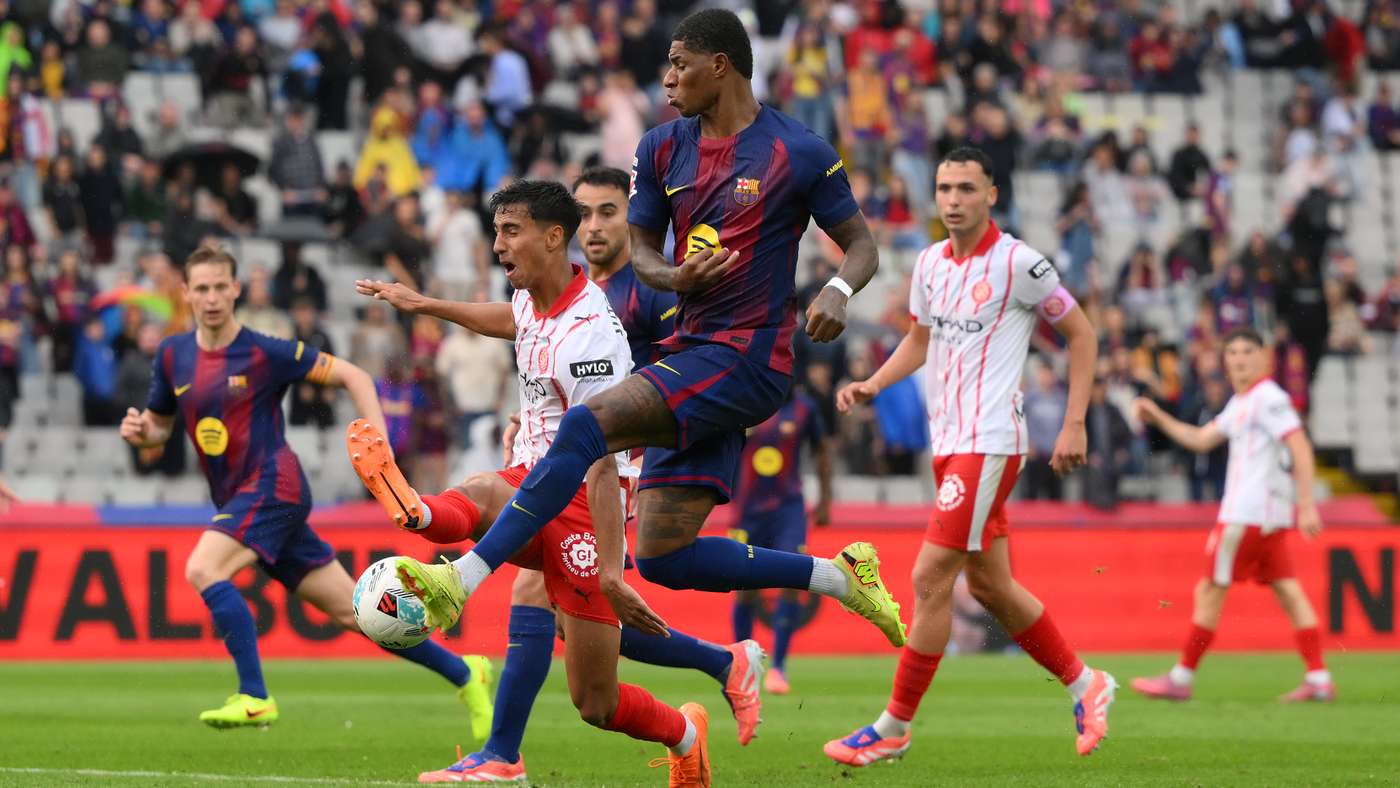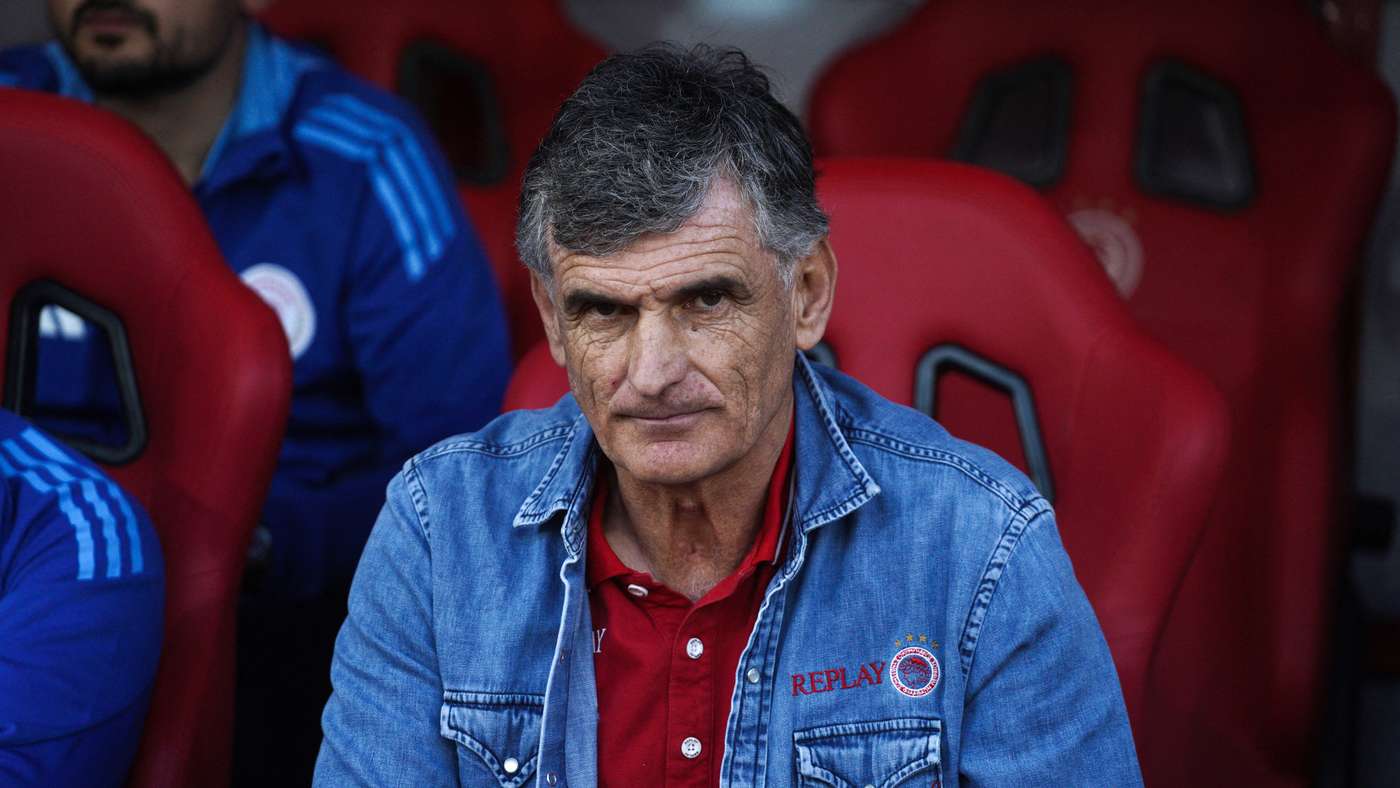Barcelona's Bold Plan to Bring Back the Roar at Camp Nou
21 October 2025

A bold plan to revive Camp Nou's atmosphere
Barcelona is set to overhaul the mood inside Spotify Camp Nou after repeated criticism of a muted atmosphere last season. The club announced a new project to revive the cheering, with full control over organization and management, under the Espai Barça umbrella. This step follows several controversial moments that drew fans' ire, including a spectator holding a sign asking to “raise your scarf” during a Real Sociedad match at the Luis Companys stadium, highlighting a lull in enthusiasm in the stands. The discussion intensified after a Champions League clash against Paris Saint-Germain, when nearly 3,000 French supporters outshouted a large Barca turnout and underscored concerns about the noise level in the Catalan club’s home arena.
How the plan will work and what changes fans will notice
The club has tried entertainment initiatives that focused on passive participation but failed to win over the crowd. Now, the club’s identity and a dedicated Fans Engagement department will supervise the atmosphere inside the stadium. In February 2025, Barca launched a consultative process with fans, organizing 15 working sessions that brought together representatives from fan groups, security experts, and legal and crowd-management specialists.
During the club's general assembly, Elena Fort, the vice president for institutional affairs, outlined the core features of the project under the Espai Barça plan, and warned a formal press conference would reveal further details soon. “Barça will create, organize, and run this space,” Fort said, emphasizing that no external groups will control the terrace. The aim is to create a space that is innovative, spontaneous, authentic, and inclusive, rejecting violently charged chants and focusing on banners, flags, and tifos.
The new stand, officially named Gol 1957 in honor of Camp Nou’s opening year, will house 1,247 seats. Youth memberships will be offered to those aged 18-25 who are officially club members, with priority for supporters waiting longer than five years. Members must pay their subscriptions, avoid disciplinary breaches, pass a security check from the Catalan police, and commit to attending at least 80% of matches.
Despite official enthusiasm, some supporter groups have criticized the limited seat count and strict joining rules, arguing that real enthusiasm requires broader fan participation. Camp Nou remains a global symbol of Catalan identity and club history. Opened in 1957 with a friendly against Legia Warszawa, it later hosted European finals and global showcases, nurturing the legends of Cruyff, Maradona, Ronaldinho, and Messi, particularly during Guardiola’s era and the 2009 treble. Though its capacity was reduced for security concerns, it remains Europe’s largest packed stadium and a sacred place for Barca fans, a venue where tradition meets modern ambitions as the club updates its home to meet contemporary football demands.
And yes, the renovation aims to turn Camp Nou into a striking architectural gem that balances openness with club control, delivering a top-tier experience for both home and visiting supporters.
Punchlines aside, if Camp Nou ever gets any louder, the referee might need earplugs. And if the plan works, expect more tifos and fewer silent moments—finally turning every match into a proper Barcelona blockbuster.



